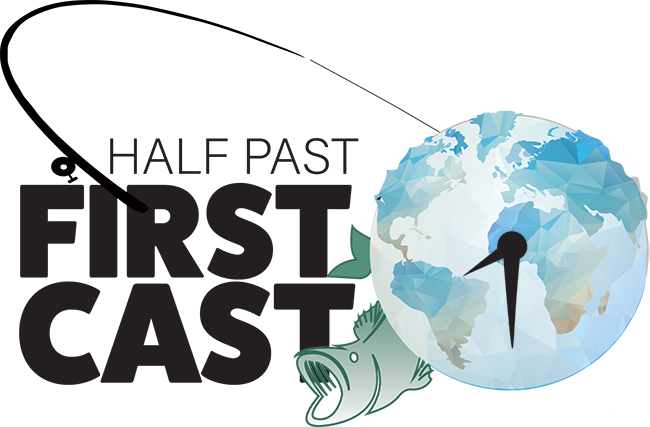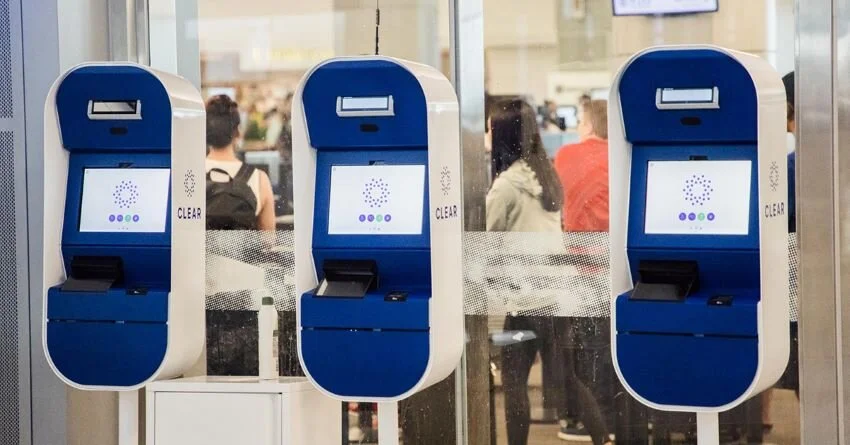The Good News on Fishing Air Travel Post-COVID
Air travel has consistently become more of a pain in the ass for everyone in recent years, even pre-pandemic. Increased security measures, reduced services, an overall lack of reliability and the difficulty of transporting fishing tackle have made it particularly tough for anglers.
Of course COVID made it worse in a lot of ways. Many destinations were closed and for those that remained opens flights were severely curtailed. For example, our favorite flight from Dallas to Mazatlán was reduced to a couple of days a week instead of every day, and flights from Miami to Manaus were first reduced and then (at least) temporarily eliminated altogether. That made travel to the Amazon tough for U.S. travelers. All of that is independent of the struggles that several U.S. airlines endured/perpetrated this year, including the American Airlines problems that we got caught up in, and the even worse troubles of the already-sketchy Spirit Airlines at that same time. More recently, the normally-reliable Southwest had similar issues.
Adding to that, ancillary services became unreliable. For example, because rental car companies had sold off their previous year’s fleets and under-ordered for the current year, rates got jacked up in many circumstances, lines got much longer, and in some cases reserved cars weren’t there when they were supposed to be. If you wanted an Uber, there may have been fewer drivers available because they didn’t want to subject themselves to the virus.
I’m not viewing this through rose-colored glasses. We’ve had good flight experiences and bad flight experiences since COVID emerged, without any rhyme or reason to when they’ve occurred. We’ve also had both good and bad customer service experiences with various airlines in that time period. Nevertheless, while I don’t know what long-term impacts this period in history will have on future airline service, I do think we’ve seen some positive developments. For example:
Recognition of Inconvenience by the Airlines – The airlines realize that they’re still in the driver’s seat, and we’re pretty much at their mercy, but there have been some token efforts to show that our inconveniences should be compensated. For example, on both Delta’s domestic flights and Alaska Airline flights, you can receive 2,500 frequent flier miles if your luggage does not arrive within 20 minutes of your arrival time. Granted, both of these airlines have had these policies in place for a number of years, but it was only during COVID that I started to hear about them widely. In what would have been a public relations nightmare, they could have rescinded them, but I’m sure the occasional inefficiency (which may sometimes be out of their control) has cost them a bundle lately, and it shows that they’re incentivized to provide decent service --and that they want to retain you as a customer, which is one purpose of the mileage plans in the first place.
Flexibility in Cancellation and Rebooking – When the enormity of COVID and its wide-ranging effects became obvious, airlines realized that their draconian rules about passenger-directed flight changes and refunds would have to be changed. They provided much more flexibility in enjoying those benefits without penalties, and made the process for such changes available through a variety of (online and person-to-person) methods. Hanna and I changed several flights and canceled others, and I was subsequently able to use the credits via the airlines’ websites. As the Delta variant recently spread, airlines including United and Delta reinstated those policies retroactively, which meant that I didn’t have to upgrade or eat the cost of an upcoming trip to a known COVID hotspot if I decided to cancel the trip.
Let’s Make a Deal – It’s been a tough time for many fishing lodges, particularly in places like Canada that were effectively shut down to U.S. anglers for extended periods of time. Similarly, the airlines that service those places with reduced recreational and business traffic have suffered. I don’t have enough of a crystal ball to see if they’ll survive without some sort of (additional?) bailout or other support, or if rising gas prices will alter their cost of service, but I’ve been surprised that in several instances we’ve found fares on our desired routes that were less than we typically paid pre-pandemic. Because travel-oriented credit cards became less useful for many of us, there are also some great sign-up offers available.
Convenience, Cleanliness and Computing Power – I know that the airlines were historically under the gun to turn planes around in a hurry, but the difference between a light cleaning and a reasonable level of hygiene are substantial. The rise of hand sanitizer, antiseptic wipes, and other measures should be long-lasting for even mild germophobes everywhere. Adding to that, it substantially catalyzed the implementation of technology such as touchless screens, further reducing the spread of germs. Services like CLEAR (if you frequently use airports that have it, I strongly recommend signing up to skip past the TSA Precheck line) now use biometric scanners rather than fingerprints. So too does Global Entry in many airports – when we returned to Dallas from Mexico in June not only was our Global Entry customs line non-existent, but we didn’t have to fumble around for our passports. Instead, we just had the machine scan our eyes and we waltzed on through. Look for these improvements to stay and multiply.
A Potential Return to Courtesy -- When Hanna and I suffered through our 27-hour ordeal with American Airlines earlier this summer, we never saw anyone (ourselves included) completely lose their cool. That’s a win, because everyone from the delayed clients to the gate agents (who were not at fault for the delays/cancellations) was under duress. Furthermore, at least anecdotally we’ve seen the tide turn against passengers’ “civil disobedience” – whatever you think of mask requirements and other in-flight restrictions, ultimately those rules and regulations are up to the carrier and to the relevant authorities. You have an option NOT to fly, or not to fly that particular carrier, and showing a disregard for those rules shows an exceptional lack of consideration for your fellow travelers.
It remains unclear how many of these changes will persist and how many will go by the wayside. Assuming that we eventually get rid of it, I don’t believe that COVID will have the same long-term impacts on air travel that 9/11 created. Nevertheless, if as a traveling angler you want to see and fish the world, flying remains a part of the process. We need to recognize that there have been and will be speed bumps along the way, and we need to recognize the service providers who do things the right way, even if it’s in response to another failure.






